A nuclear bomb is one of the most devastating weapons that can be used against a population. The effects of a nuclear bomb are both immediate and long lasting, and the damage it can cause is unimaginable. If you find yourself in the vicinity of a nuclear explosion, there are some things you can do to increase your chances of survival.
How Can I Survive A Nuclear Bomb?
The first step is to get as far away from the blast site as possible. If you are close to the blast when it happens, the heat and radiation will be incredibly intense and deadly. Try to find shelter in a nearby building or underground if possible. If you are caught outside, try to find something solid like a ditch or culvert that you can take cover in until the initial blast has passed.
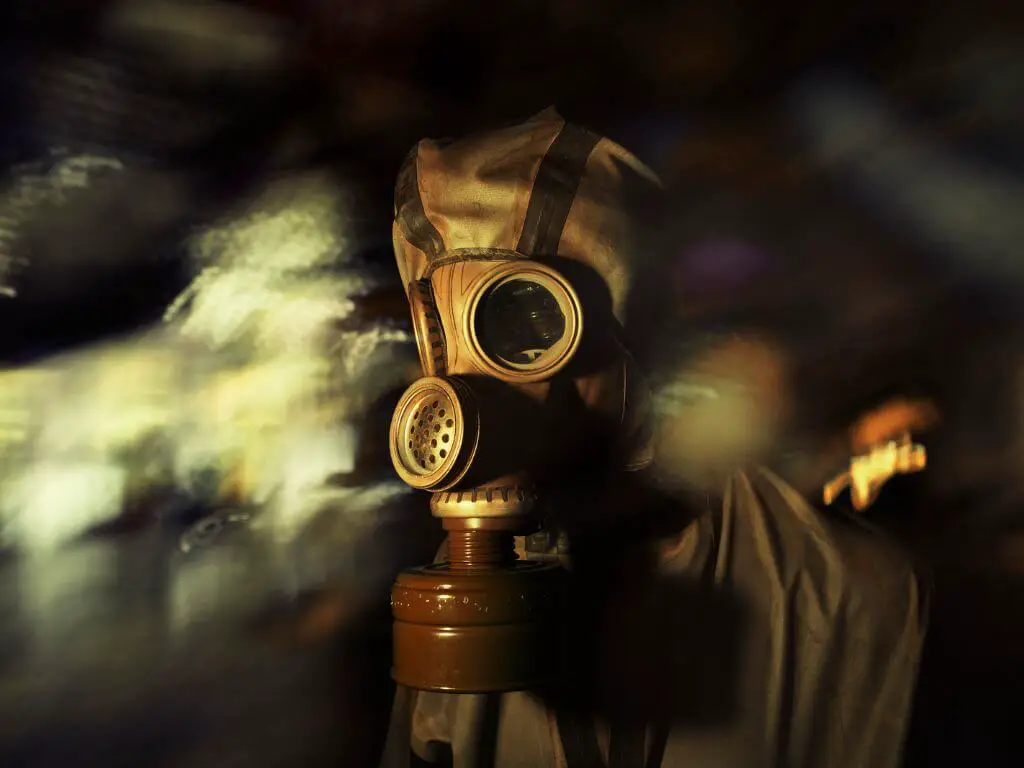
- First, get as far away from the blast site as possible. The further away you are, the less likely you are to be killed or seriously injured by the initial blast wave.
- Second, take cover behind anything that might offer some protection from flying debris – a wall, a car, anything solid that will help shield you from shrapnel.
- And finally, stay put until authorities give the all clear – don’t try to outrun an radioactive cloud that may be headed your way.
Once the initial blast has subsided, it is important to stay where you are unless absolutely necessary. The area around the blast site will be highly radioactive, so it is important not to contaminate yourself by coming into contact with any debris or contaminated water sources. If possible, seal off any rooms that you are taking shelter in with duct tape and plastic sheeting in order avoid radiation exposure.
Surviving a nuclear bomb is not something anyone wants to think about but it’s important to know what to do if faced with such an event.
How far away do you have to be to survive a nuclear bomb?
A nuclear bomb is one of the most devastating weapons that a person can be exposed to. The effects of a nuclear bomb can be felt many miles away from where the explosion occurred. In order to survive a nuclear bomb, it is important to understand how these bombs work and how far away you need to be from them in order to avoid being killed or seriously injured.
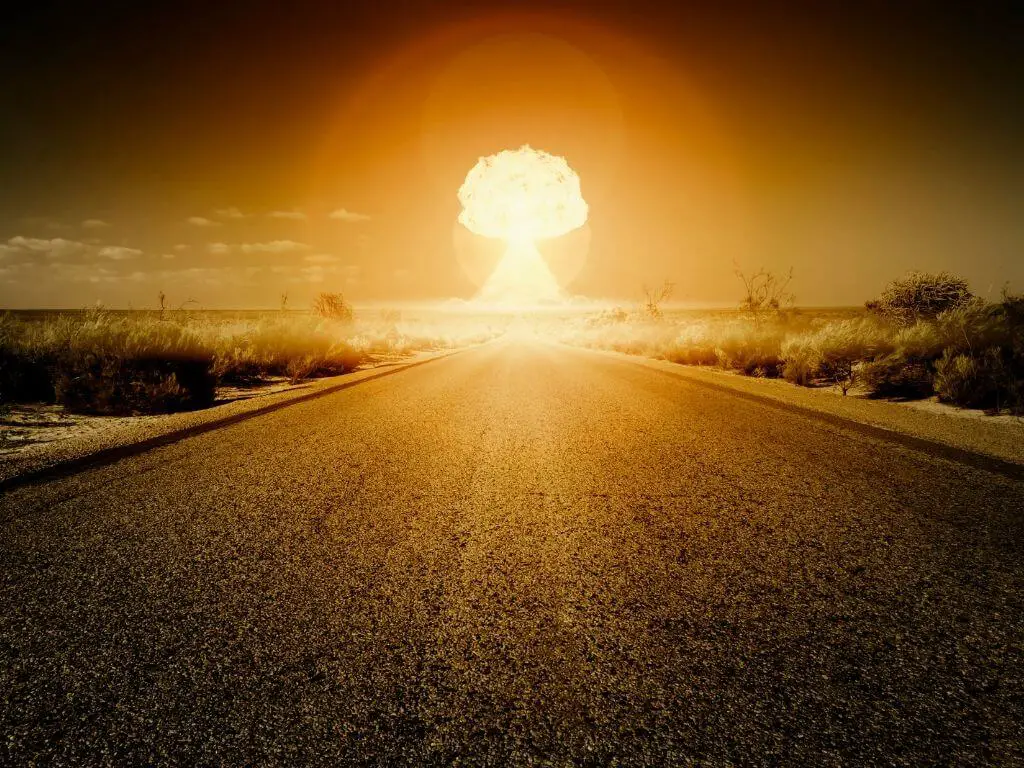
Nuclear bombs produce two types of radiation: thermal and ionizing.
- Thermal radiation is what causes burns on people who are close to the blast site. This type of radiation dissipates quickly, so if you are more than a few feet away from the blast site, you will not be affected by it.
- Ionizing radiation, on the other hand, penetrates deep into your body and can cause serious internal damage. This type of radiation does not dissipate quickly, so even if you are miles away from the blast site, you could still receive a lethal dose of ionizing radiation if you do not take proper precautions.
How to stay safe in a nuclear war
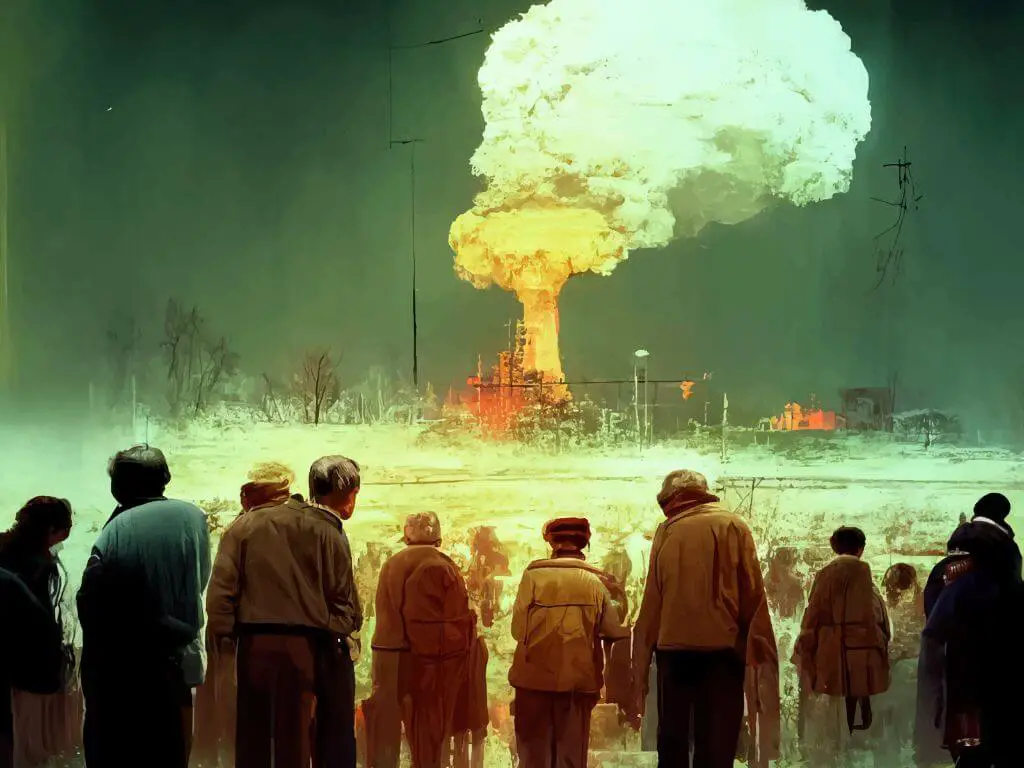
🔬 Subscribe to SciMail
Get the latest science discoveries straight to your inbox!
- In a nuclear war, there would be many dangers to consider. The first and most obvious danger is the radiation from the explosion. This can cause burns, illness, and even death. It is important to stay away from any areas that have been affected by radiation.
- Another danger is the fallout from the explosion. This can include debris, chemicals, and other harmful materials that can cause injury or death. It is important to take shelter in a safe area if possible and avoid any areas that have been affected by fallout.
- Finally, it is important to remember that a nuclear war would be devastating for everyone involved. There would be widespread damage and loss of life across the globe. It is important to do everything possible to prevent such a war from happening in the first place.
What material can survive a nuclear bomb
- Lead is the most effective at absorbing radiation, which is why it is used in shielding for things like x-ray machines and CT scanners.
- Concrete is also very good at absorbing radiation and can be used to create blast walls or bunkers.
- Steel isn’t as good as lead or concrete at absorbing radiation, but it can still provide some protection if it’s thick enough.
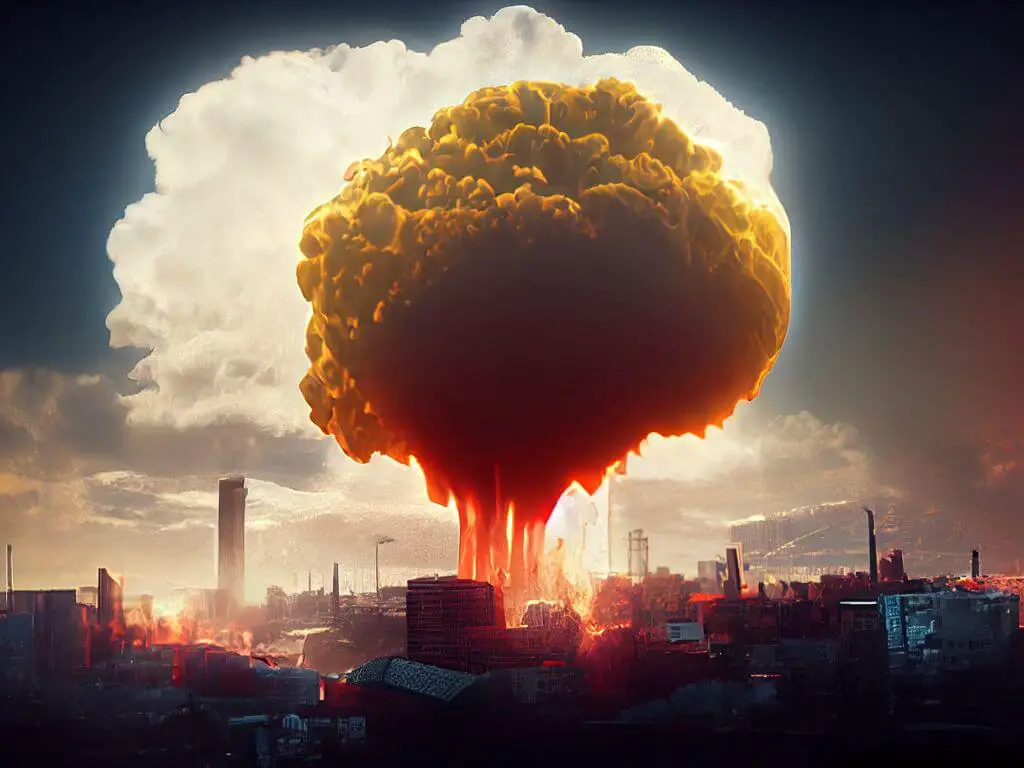
Can you survive a nuclear bomb underground
A nuclear bomb is a devastating weapon that can destroy entire cities. However, there are some methods of surviving a nuclear bomb if you are underground when it detonates.
The first thing to do is to get as far underground as possible. The deeper you are, the more protection you will have from the blast and radiation. If you can get into a basement or storm shelter, that would be ideal. Otherwise, any type of subterranean space will help shield you from the worst of the effects.
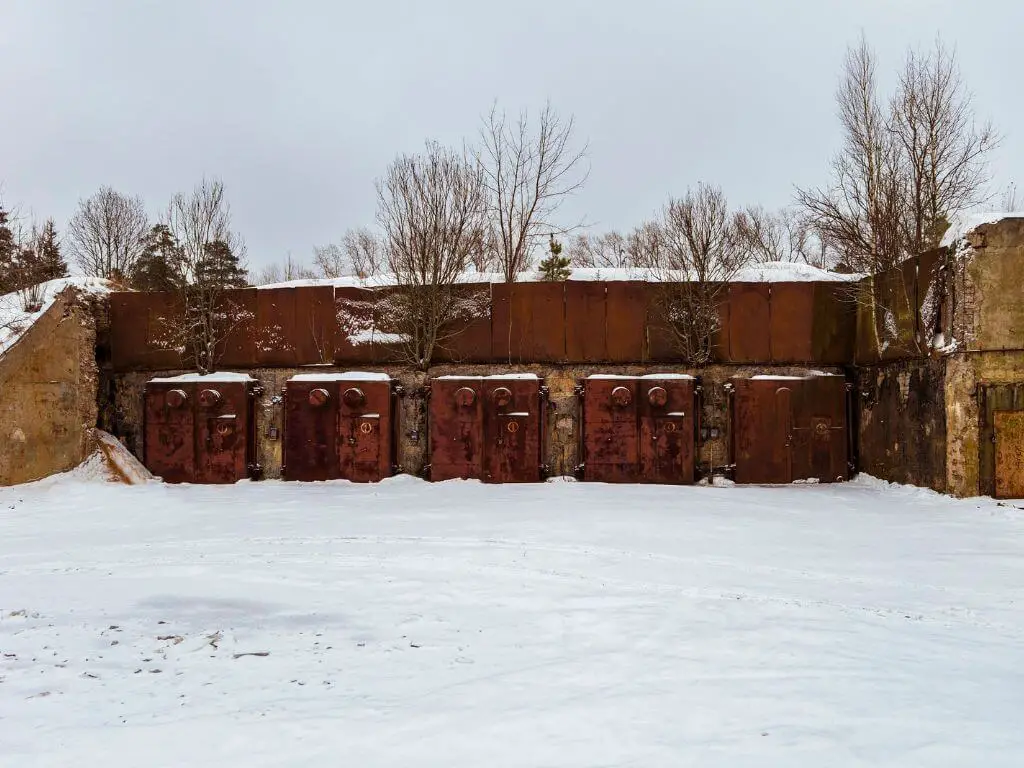
Once you are underground, stay there until authorities give the all-clear. It may be tempting to come out and see what has happened, but it is important to wait until it is safe before emerging. There could be dangerous debris or radiation present in the area immediately after a nuclear explosion.
Can you survive a nuclear bomb in a house
A nuclear bomb explosion creates a powerful shockwave that can level buildings and destroy anything in its path. If you are caught in the open, there is little chance of survival. However, if you are inside a sturdy building, your chances of surviving increase dramatically.
The blast from a nuclear bomb can cause extensive damage to your lungs and other organs. It can also cause severe burns and radiation sickness. However, if you take shelter immediately after the explosion, your chances of survival increase significantly. There are many factors that determine how much damage a nuclear bomb will cause, but it is generally agreed that being inside a strong structure is the best way to survive an attack.
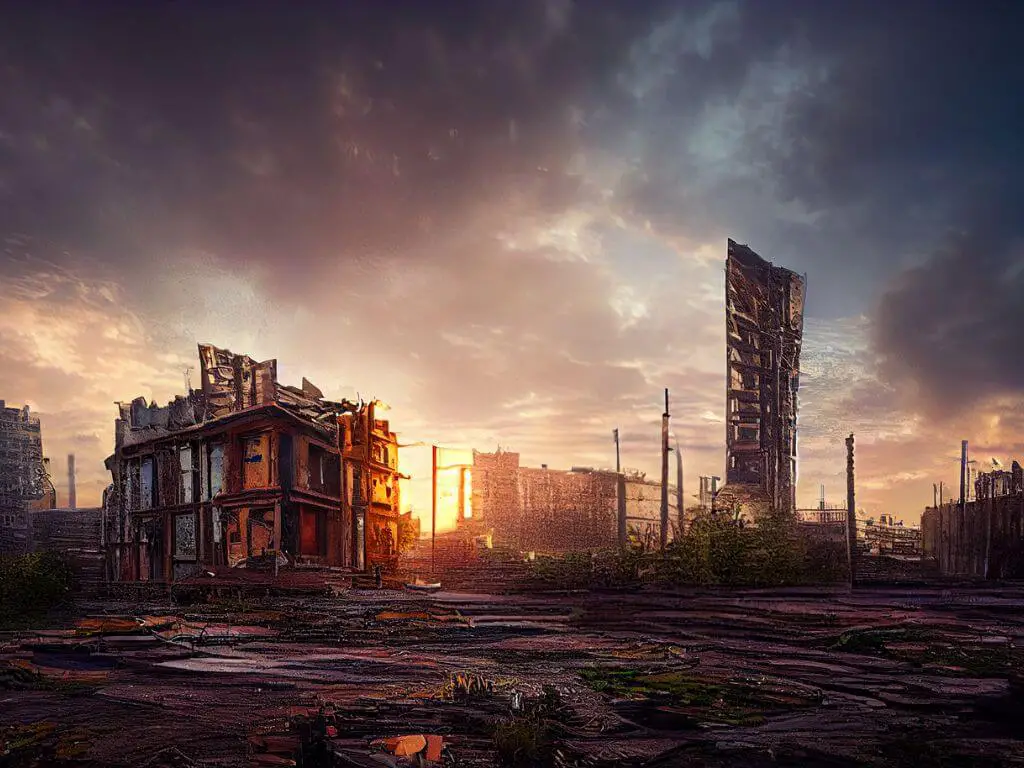
Of course, no one wants to be in close proximity to a nuclear bomb when it detonates. But if you find yourself in this situation, remember that taking shelter immediately could mean the difference between life and death.
When is it safe to go outside after a nuclear bomb
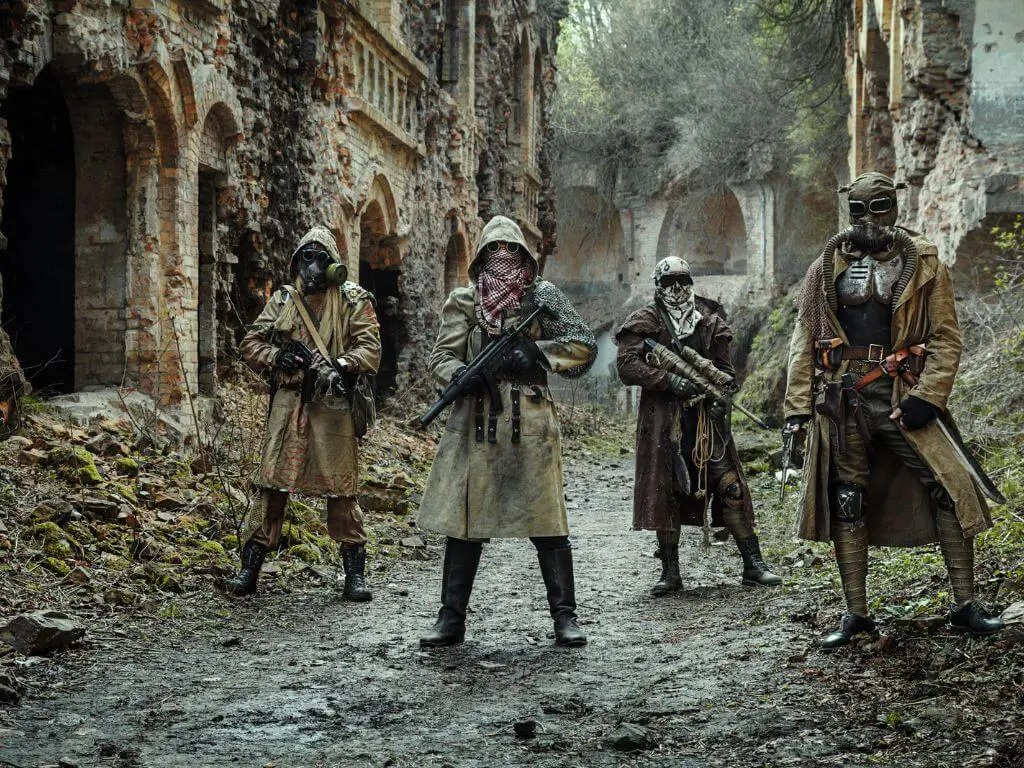

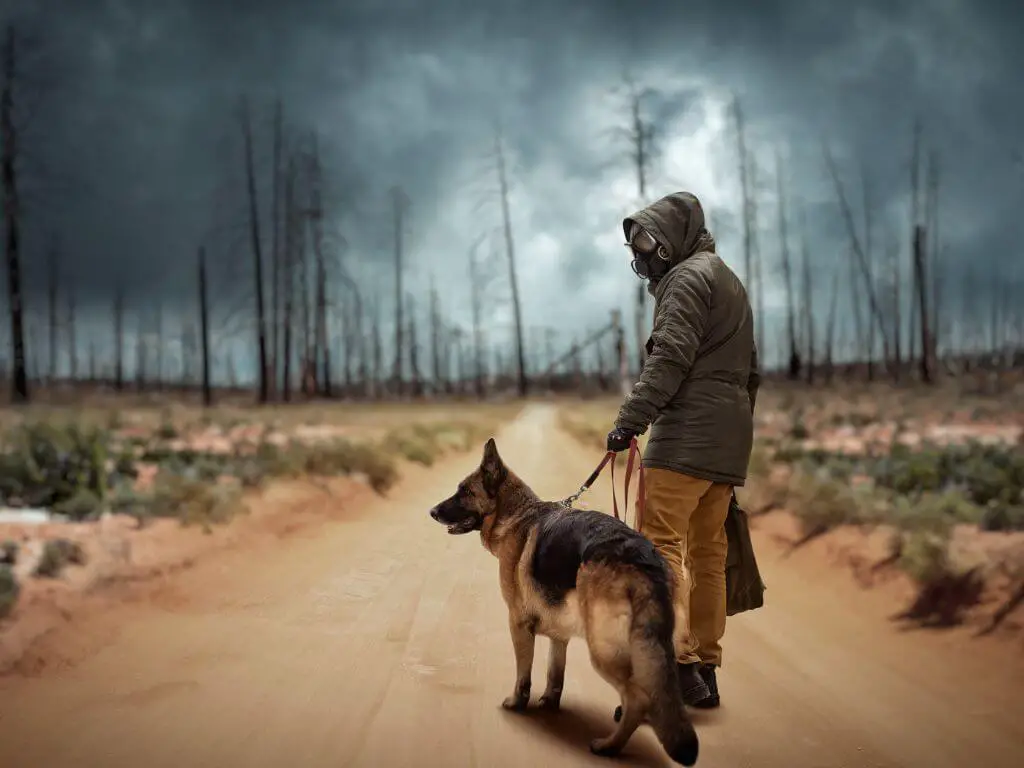
Leave a Reply